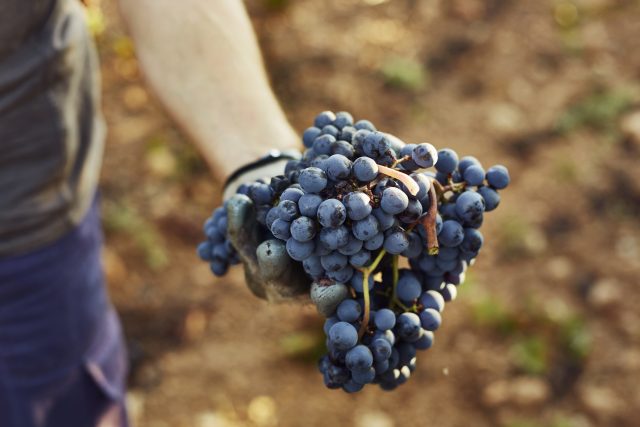This website uses cookies so that we can provide you with the best user experience possible. Cookie information is stored in your browser and performs functions such as recognising you when you return to our website and helping our team to understand which sections of the website you find most interesting and useful.
Spanish winemakers revive ancient climate-resistant grapes
Spanish winemakers are resurrecting late-ripening and heat-tolerant grape varieties in a bid to tackle the challenges of climate change.

In a recent report in The Guardian, fourth-generation winemaker Miguel A Torres, president of Familia Torres winery revealed how the foray into long forgotten grape varieties is set to play a key role in tackling a climate-affected future.
Torres said: “I simply wanted to recover the heritage – the ancient traditions and vines – left to us by our ancestors. And then we realised that some of these varieties take longer to ripen, meaning they might be able to help us in a warming world.”
He explained: “Climate change is the worst threat the sector has ever faced. In the 19th century we had the phylloxera plague that wiped out vineyards across Europe. This is much worse.”
José Miguel Martínez Zapater, the director of the Institute of Grapevine and Wine Sciences in La Rioja which hopes to bolster wine grape diversity, observed how some grapes fell into disuse and explained: “People are finding varieties in different areas that they consider interesting.”
At Spain’s Agrarian Technological Institute of Castilla y Leon, (ITACyL), two decades of research have led to it recovering more than a dozen varieties of grapes, including: Estaladiña, a grape that dates back to 1914, and Cenicienta, a grape that came very close to extinction and is known for making fruity reds.
José Antonio Rubio Cano, who heads the viticulture and woody crop department at the institute, explained: “The wines they make are very distinct and interesting. They’re surprising and different from anything else.” But, he warned: “There’s no one solution. It has to be a set of things; we have to pay more attention to the vines, be more aware of how their fruits are ripening and we need to develop a deeper understanding of the vineyard and the different varieties.”
Almudena Alberca, the technical director for Entrecanales Domecq, insisted: “The possibilities are endless. I think these varieties are going to provide support, as something we can blend into our wines. Right now, a whole world of possibilities is opening up and we’ll see down the road where we need to go.”
Torres added: “I’ve always said that the wine sector is the canary in the coalmine. The consequences that vineyards are living through right now should make everyone take notice.”
Related news
UK Christmas lights could buy 14 million mulled wines

